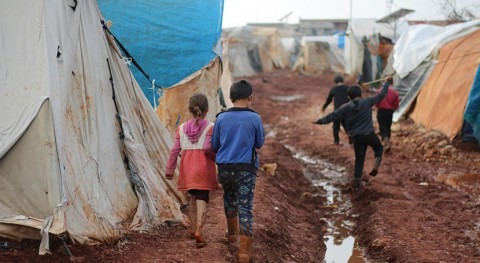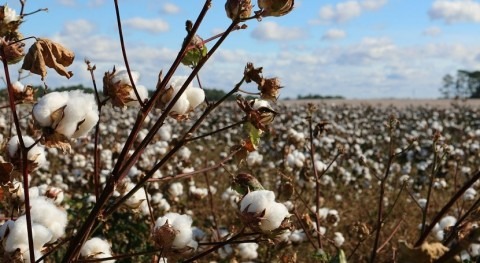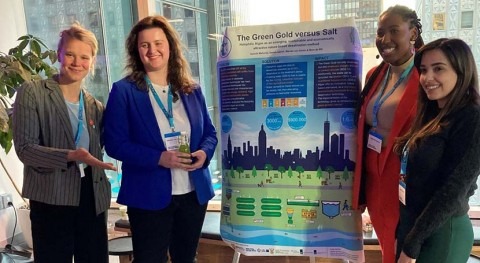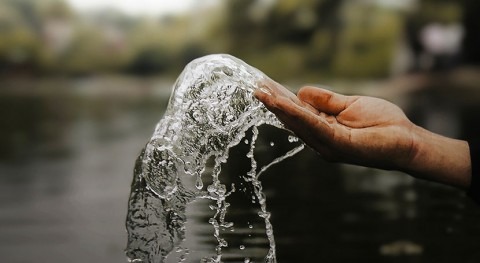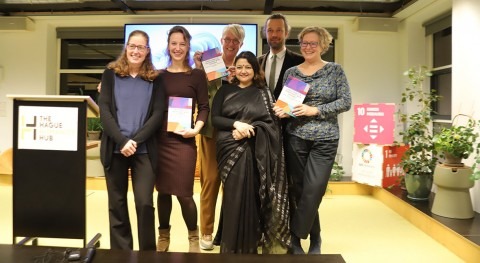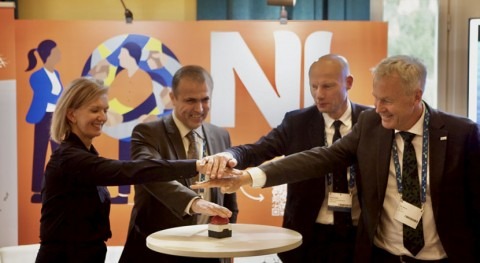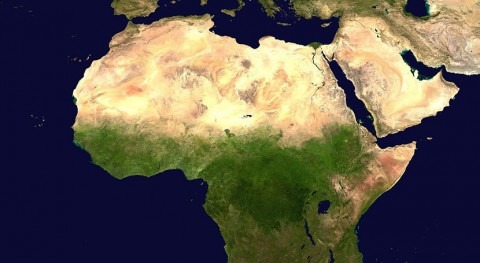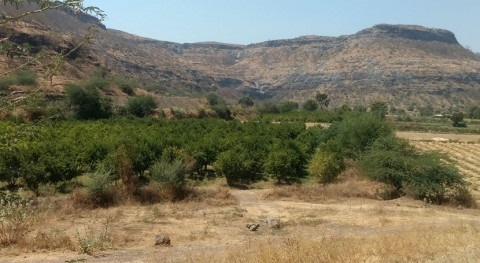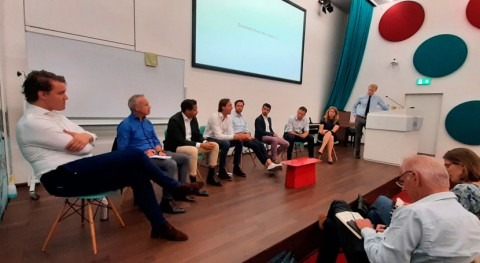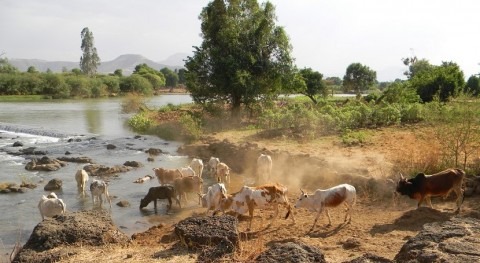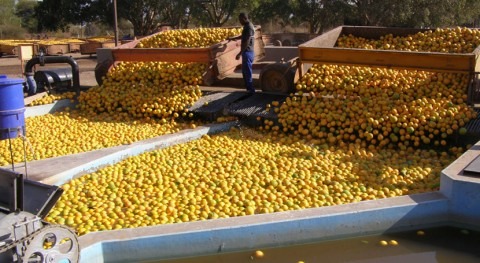Lakes, rivers, streams, ponds and other freshwater ecosystems are a key resource for human societies. Uses of these resources affect their ecosystems and organisms, and it is important to monitor their health. Scientists do so by assessing the presences and abundances of insects, crustaceans, worms, mollusks and other macroinvertebrates that live in them in relation to different anthropogenic pressures and threats. A new international taskforce of the IUCN will align guidelines for such assessments globally to support better freshwater ecosystem management nationally and across borders.
Knowing the health of freshwater ecosystems is needed to make effective management decisions about water resources, to help ensure that ecosystems do not deteriorate further, and to decide which systems to restore or conserve as part of national, regional and global strategies for the health and well-being of societies and organisms.
Standardized, continental-wide bioassessment is already done in Europe, North America and Australia, but practices in these areas could be further improved by aligning monitoring with management issues, such as maintaining water quality or reducing hydro morphological stress, and optimizing sampling networks.
In other regions of the world, including large parts of Africa, Asia and South America, many countries do not have established nationally approved protocols and guidelines.
The absence of standardized, harmonized methods makes it difficult for national agencies to manage freshwater ecosystems with a national perspective
Communicating on the state of ecosystems
The absence of standardized, harmonized methods makes it difficult for national agencies to manage freshwater ecosystems with a national perspective, and where systems are shared across borders, it makes it difficult to communicate on the state of ecosystems and to implement transparent and effective cross-border strategies for resource conservation and protection.
“Globally accepted, harmonized guidelines for freshwater biodiversity collection and ecosystem assessment provide a viable solution to facilitate the management of the multitude of biodiversity conservation, water quality and ecosystem health issues that water managers face at local and national scales, and provide a way to communicate these issues, and find solutions to water challenges across regions, together” said John Simaika, IHE Delft Senior Lecturer in Aquatic Ecology & Conservation and Co-Chair of the taskforce.
“Macroinvertebrates are a crucial element of the biodiversity of freshwaters, but they also play important functional roles in these ecosystems. So better understanding where and how they are affected by human activities and to compare findings across space and time is key to manage entire ecosystems as well as the important ecosystem services macroinvertebrates provide to humanity,” said Andreas Bruder, Senior Scientist at SUPSI, Switzerland, and Co-Chair of the taskforce.
The new Task Force on Global Freshwater Macroinvertebrate Sampling Protocols (GLOSAM), is part of the International Union for the Conservation of Nature (IUCN) Species Survival Commission. GLOSAM aims to:
Support the collection and analysis of freshwater benthic macroinvertebrate samples to monitor biodiversity and conduct bioassessment.
Establish globally accepted, standardized biodiversity collection steps and assessments for both bioassessments and biodiversity inventories, with awareness of specific biogeographic requirements.
Develop and promote guidelines to ensure the collection of ecologically-relevant data of known and acceptable quality, and support, promote, and facilitate regionally comparable bioassessment schemes (tools, assessment systems).
GLOSAM brings together a core working group of 15 researchers, government officials and representatives from NGOs spread across all continents. More information about GLOSAM, its members, activities and partnerships can be found on the website glosam.un-ihe.org (online soon).




